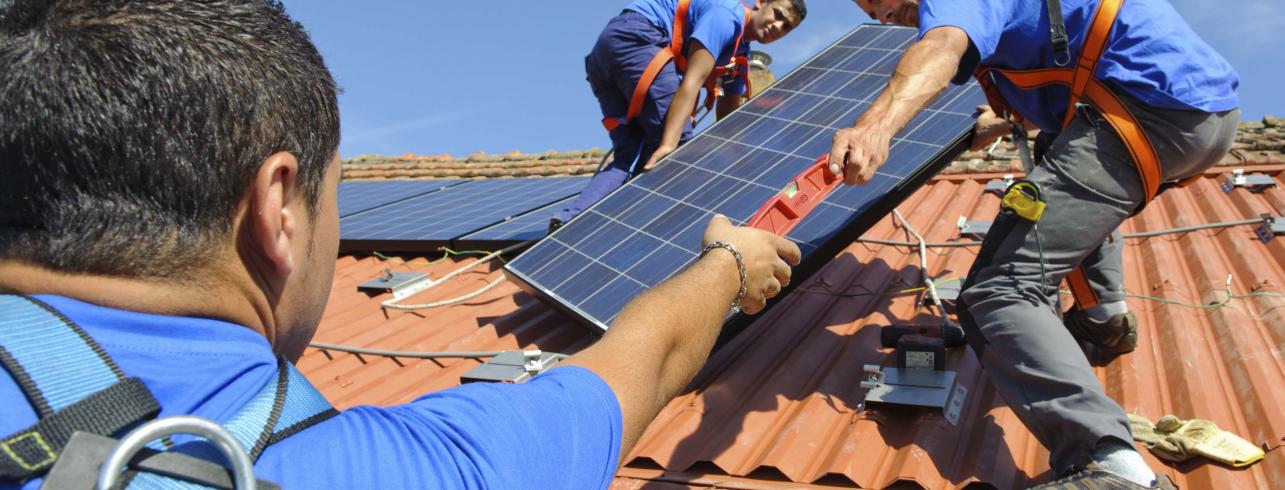
Seven One Planet Summits, 48 initiatives and coalitions, 140 countries involved
- Following the first One Planet Summit, in Paris in December 2017, six editions were organized : New York (September 2018), Nairobi (March 2019), Paris (January 2021), Brest (February 2022), Libreville (March 2023) and Paris (November 2023)
- The momentum provided by One Planet has seen 45 coalitions and highly practical initiatives developed or scaled up. Tangible results have already been achieved.
- More than 140 countries are directly involved in One Planet coalitions to accelerate the ecological transition on all continents.
